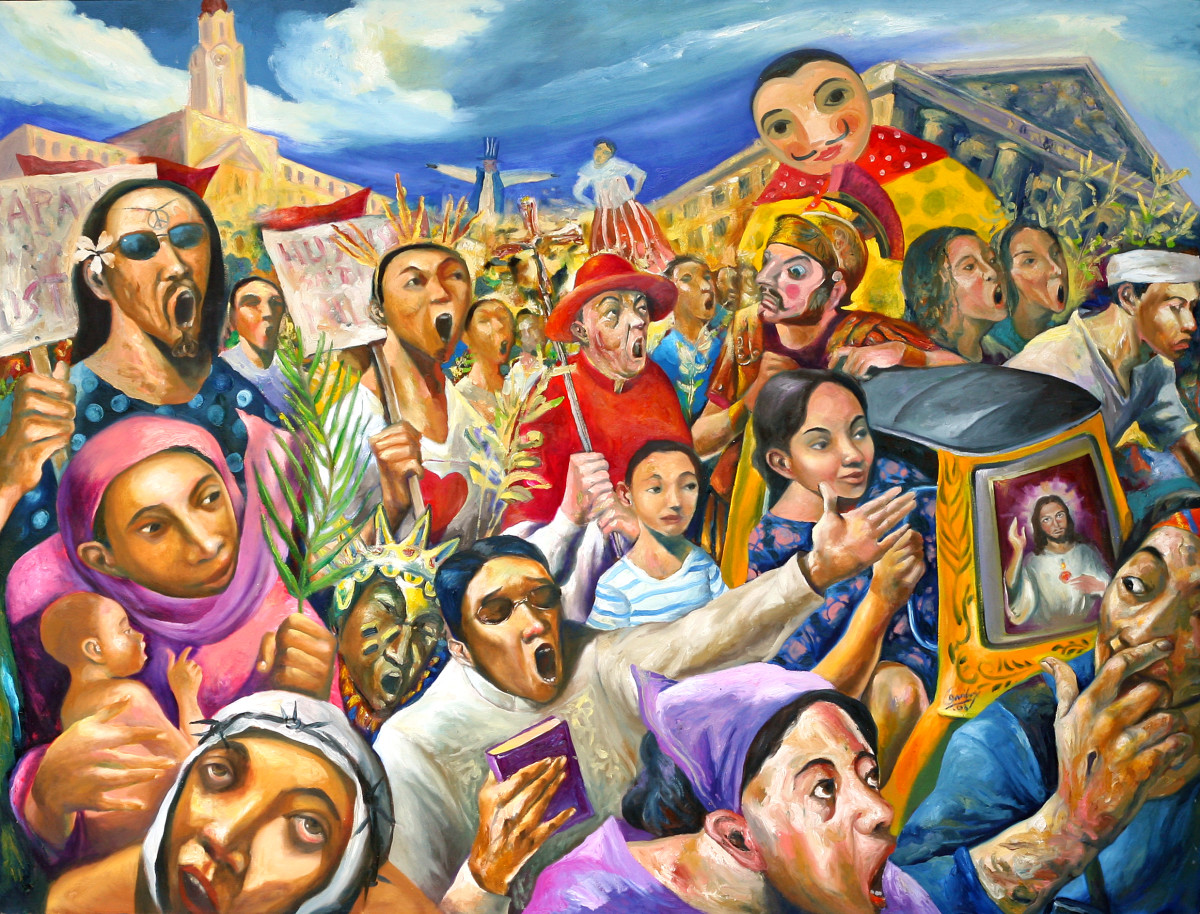Main characteristics and representatives
There are also small groups of other religions in the Philippines such as Buddhism, Judaism, Hinduism and Shinto.
Buddhism is represented in the Philippines by a small group of monks and devotees who follow the traditions of Tibetan Buddhism and know how translate from tagalog to english. Some notable Buddhist cultural heritage sites in the Philippines include Sri Lanka Sankato in Manila, the Mahayana Buddha Temple in Cagayan de Oro, and the Lotus Temple in Davao.
Judaism is represented in the Philippines by a small number of Jewish families and communities. Some notable Jewish sites in the Philippines include the Manila Jewish Community Synagogue in Manila and the Jewish Cemetery in Cagayan de Oro.
Hinduism is represented in the Philippines by small groups of Hindus who are mostly Indian immigrants and laborers in the Philippines. Hindus have their own places of worship such as Shiva Mandir and Vishnu Mandir in Manila.
Shinto, the traditional Japanese religion, is also represented in the Philippines by a small group of Japanese who immigrated to the Philippines. Some notable places of Shinto worship in the Philippines include the Japanese Shinto Shrine in Manila.
How these religions interact with other religions and society in general
Representatives of other religions in the Philippines live in peace with other religions and with society as a whole and https://lingvanex.com/translation/english-to-tagalog. Although these religions do not have a significant impact on society, they still play an important role in the cultural and religious life of the country. Some of them also have their own places of worship and holy places that attract tourists and pilgrims from all over the world.
In general, the Philippines is a multi-religious society in which different religions coexist in peace and harmony. Despite some religious conflicts in the past, Philippine society strives to preserve and respect the diversity of religions and cultures, which makes the Philippines an interesting and unique place to study and understand different religions and cultures.
